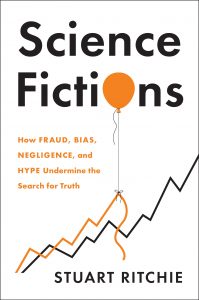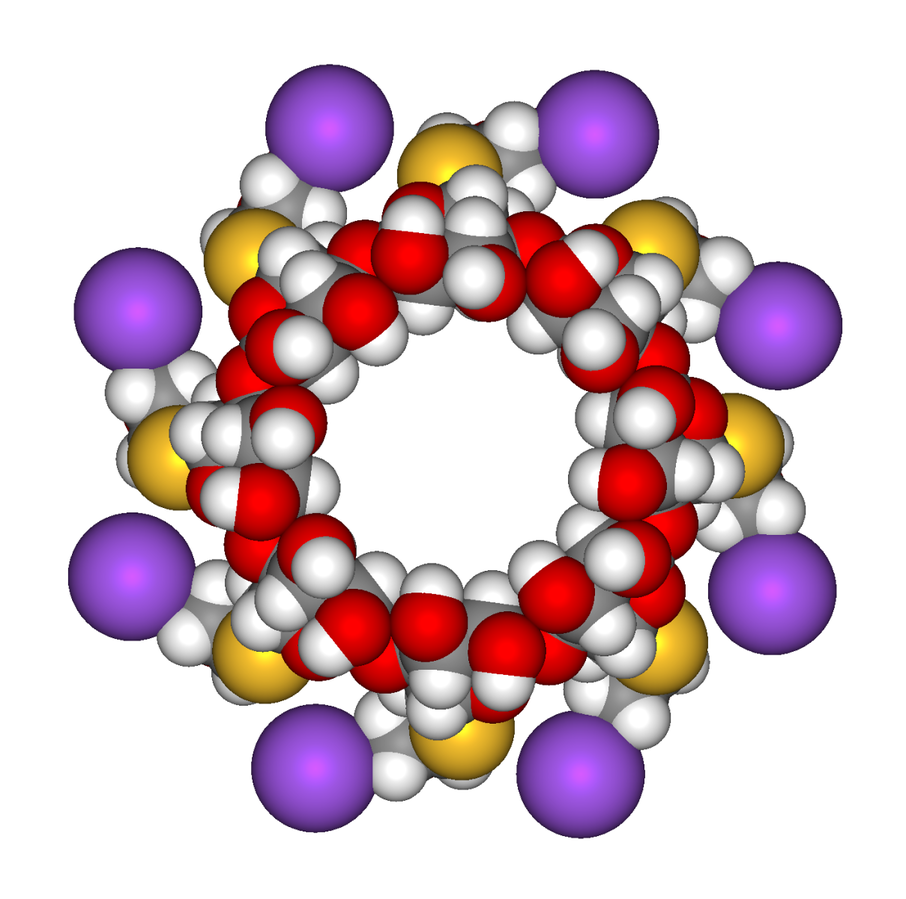
A pediatric infectious disease specialist in California “recklessly” fabricated his data in a 2009 published study and four grant submissions, worth millions of dollars, to the National Institutes of Health, according to the U.S. Office of Research Integrity (ORI).
The federal watchdog said in a settlement agreement published today that Prasadarao Nemani, of Children’s Hospital Los Angeles (CHLA) “engaged in research misconduct by recklessly including falsified and/or fabricated data” in a 2009 paper — retracted in 2018 — and four NIH grant applications.
Specifically, Nemani (who has published under the name Nemani V Prasadarao):
Continue reading Infectious disease researcher “recklessly” faked data in grants worth millions, says federal watchdog







